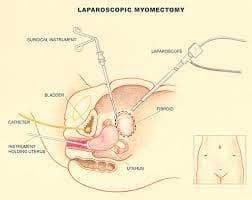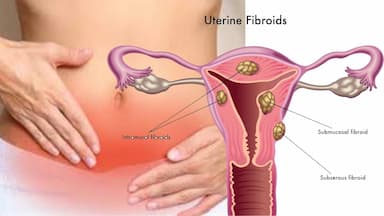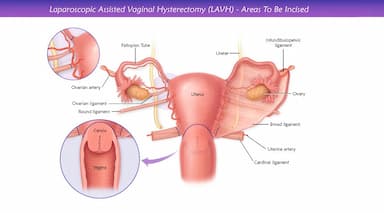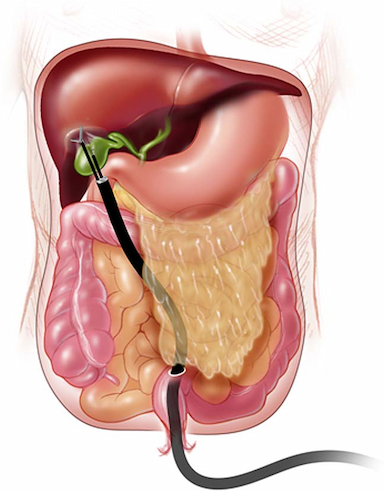
What are the Complications After Brain Tumor Surgery?
12 Jul, 2022
 Healthtrip Team
Healthtrip TeamOverview
Surgery on your brain or spinal cord is often a serious operation and surgeons are very careful to try to limit complications during such surgeries. However, like any other surgery, there are possible risks and side effects of brain surgery too. Here we’ve discussed brain tumor surgery risks in brief. Our expert neurosurgeon has helped us to know the same.
Do brain tumors always require surgery?
The treatment of brain tumors is dependent on the type of tumor, as well as its size and location. It is also related to the person's age as well as his or her personal health status.
Transform Your Beauty, Boost Your Confidence
Find the right cosmetic procedure for your needs.

We specialize in a wide range of cosmetic procedures

Surgery is the primary treatment option for such conditions.
Depending on the severity of the condition, it may be followed by radiation therapy, chemotherapy, or targeted therapy. In the case of a low-grade brain tumor, surgery may be the only option for a complete cure. However, in cases where the tumor is still present, radiation or chemotherapy is administered following brain tumor surgery.
When do you need to undergo brain tumor surgery?
As per our expert neurosurgeon, the following are the indications for brain tumor surgery.
One of the most common medical treatments for brain and spinal cord tumors is surgery. You may need an operation:
- To try to cure the tumor, the entire mass must be removed.
- Removing a portion of the tumor to slow its growth and alleviate symptoms
- Drain any excess fluid from your brain (hydrocephalus)
- For limiting the amount of radiation and chemotherapy that you’re taking for such treatment
Also, Read - 20 Things You Can Expect After Brain Surgery
Most popular procedures in
Laparoscopic Cystect
Upto 80% off
90% Rated
Satisfactory

Laparoscopic Myomect
Upto 80% off
90% Rated
Satisfactory

LAVH
Upto 80% off
90% Rated
Satisfactory

NOTE
Upto 80% off
90% Rated
Satisfactory

CABG
Upto 80% off
90% Rated
Satisfactory

Risk and complications associated with brain tumor surgery:
- Infection: Although the risk is low, an infection at the wound site is possible. Antibiotics are usually effective in treating this. A small number of people may require surgery to clean out the wound.
- Bleeding: This is an uncommon but serious side effect. The day after surgery, you'll have a CT or MRI scan to check for any bleeding or swelling.
- Swelling: Surgery can cause brain swelling, which raises the pressure inside the skull (intracranial pressure). Your medical team will monitor the swelling and use medications to try to reduce it.
- Other side effects: You may continue to feel confused and dizzy, and you may experience speech difficulties, weakness in parts of your body, and seizures. You and your family or caregivers may be surprised that you feel worse than before the surgery and may be concerned that you are not recovering well. These side effects are common and usually improve over time.
In some cases, people recover completely and can gradually resume their normal activities. In other cases, the position of the tumor may cause damage to surrounding brain tissue and may result in long-term changes in how you speak, move, and think.
Also, Read - Top 10 Best Brain Tumor Surgery Hospitals in India
How long can you live after a successful brain tumor surgery?
Survival after brain tumor surgery is primarily determined by your body's response to treatment. A better prognosis ensures that the individual will live for a longer period.
The average survival time is thought to be 12 to 18 months. It can range from more than a year to five years.
How can we help with the treatment ?
If you are in search of brain tumor treatment in India, we will serve as your guide throughout your treatment and will be physically present with you even before your treatment begins. The following will be provided to you:
- Opinions of expert physicians and surgeons
- Transparent communication
- Coordinated care
- Prior appointment with specialists
- Assistance with hospital formalities
- 24*7 availability
- Arrangements for travel
- Assistance for accommodation and healthy recovery
- Assistance in emergencies
Our team is dedicated to offering the highest quality health trip and care to our patients. We have a team of highly qualified and devoted health professionals that will be by your side from the beginning of your journey.
Wellness Treatment
Give yourself the time to relax
Lowest Prices Guaranteed!

Lowest Prices Guaranteed!